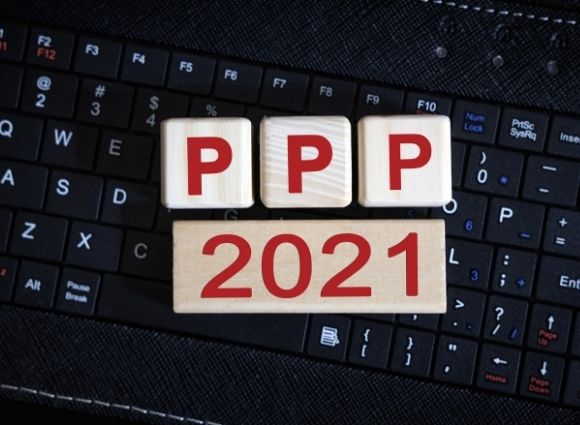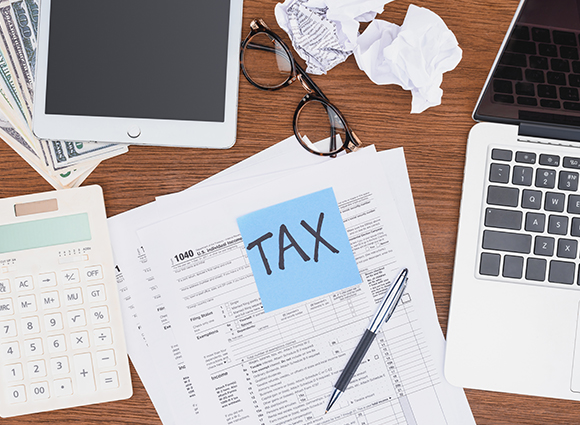
President Trump Signs the Paycheck Protection Flexibility Act: What You Need to Know
President Trump signed Paycheck Protection Flexibility Act (PPFA) H.R. 7010, designed by lawmakers to help solve glitches and add flexibility to the Paycheck Protection Program (PPP). The bipartisan bill was in response to business owners who have said the PPP is confusing, overly restrictive, and doesn’t provide flexibility and is viewed as a ‘one size fits all’ solution.
How does the new Paycheck Protection Flexibility Act impact PPP loan recipients? Here are additional details you need to know:
- The term of the PPP loan “not forgiven” is a minimum of five years, but only for new PPP loans unless the bank voluntarily modifies the existing loan.
- The payroll ratio requirement has been reduced from 75 percent to 60 percent; however, loan forgiveness is only granted if the 60 percent payroll requirement is met. If the 60 percent minimum is not met, none of the loan will be forgiven. This “forgiveness cliff” is a deviation from prior guidance and is critical to acknowledge.
- Borrowers may now use the 24-week period to restore their workforce and compensation levels to pre-pandemic levels. Under prior law, reductions in employee count or compensation levels were disregarded for purposes of determining the forgiveness if full-time equivalent employee count and wage rates were restored by June 30. Under the new law, restoration of full-time equivalent employee count and wage rates must occur by December 31 to qualify for the exception.
- The act provides for codification of the exemption for inability to rehire lost workers and expansion of that exemption for an inability to return to the level of business activity that existed as of February 15, 2020 due to compliance with requirements established or guidance issued by HHS, CDC or OSHA during the period from March 1, 2020 to December 31, 2020.
- Payroll tax deferral is now available to PPP loan recipients. Under the prior law, there was a deferral of the requirement to pay certain payroll taxes incurred in the period from enactment of the CARES Act until the end of 2020. Half of such taxes could be paid 12/31/2020 and half 12/31/2021. However, that deferral was not available to those who received PPP loans. Under the PPP Flexibility Act, this deferral is now available to those who receive PPP loans.
Certainly, the Payroll Protection Flexibility Act provides relief from gaps in the original PPP Act. If you need help understanding how the new act impacts your business, please contact your Mize CPAs Inc. professional.
This content was created during a snapshot in time and should be relied upon as such. Legislation and guidance continue to change as we progress through the current fluid environment and the information may not be applicable at a later date. All content and materials are for general information purposes only. If you have questions regarding your specific situation, please contact us.



